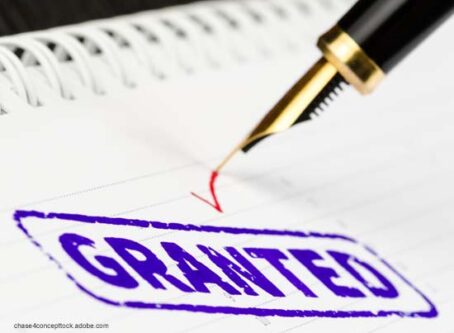Infrastructure is in bad shape, but agreement stops there
Key Republicans and Democrats appear to be in agreement that America’s infrastructure is in need of massive repair. However, how infrastructure should be defined and how those repairs should be funded remain up for debate.
With the current surface transportation reauthorization bill expiring in September, Democrats appear committed to a broad infrastructure plan that also will address climate change.
“We’re going to have to compromise on surface transportation legislation as we go along,” said Sen. Tom Carper, D-Del., during an Environment and Public Works Committee hearing on April 14. “But there are some principles that I hope we can agree on and won’t stray far from. One is that road, highways and bridges in the country are in bad shape. Something needs to be done about it, and we are among the most responsible people to make that happen.”
Carper, who is the chair of the EPW Committee, said some of the principles he’s not willing to compromise on are that climate change is real, things that are worth having are worth paying for, and that the people who use the roads, highways, and bridges have a responsibility to pay for them.
Republicans say they want to keep the focus on repairing roads and bridges and fund it in a way that will not stifle the economy.
“Passing a bipartisan surface transportation reauthorization bill continues to be my top priority as the ranking member in this committee,” said Sen. Shelley Moore Capito, R-W. Va. “From my perspective, this bill must enable long-term investment in our nation’s roads and bridges but do so in a fiscally responsible manner without partisan or lightning rod pay-fors that could sink a bipartisan bill.”
Biden’s infrastructure plan
In late March, President Joe Biden unveiled his $2.25 trillion American Jobs Plan aimed at doing everything from creating millions of jobs, repairing roads and bridges, improving access to broadband and clean drinking water, providing care to the elderly and disabled, as well as making the nation more environmentally friendly.
Two key sticking points for Republicans appear to be the plan’s broad approach and the call to fund it through a corporate tax increase.
“I think it’s important to define what infrastructure is, because I think what we saw from the president’s $2.2 trillion package – his definition of infrastructure is a lot different than what mine is – although there are a lot of similarities.”
Both parties acknowledge the nation’s issues with roads and bridges. The American Society of Civil Engineers recently gave the nation a C-minus on its infrastructure report card. Most notable to truckers, the United States received a C on bridges and a D on roads.
Robert Poole, director of transportation policy at the Reason Foundation, testified that one short-term fix to the Highway Trust Fund would be to use all of the money generated from a fuel tax to go toward highways.
“If you look at the total revenue from the highway user taxes going into the trust fund compared to what is spent (on highways), there is only a $2 billion per year gap right now,” Poole said. “Almost all of the shortfall is from nonhighway programs. So closing that $2 billion gap would take a very small increase in a user tax, which might be more acceptable to highway users if they knew that all of the money that they put in was going to be spent for better highways.”
Poole, who will be a guest on OOIDA’s Live From Exit 24 on Wednesday, April 21, said a small fuel tax increase with all of the money going toward highways would be his short-term fix to funding concerns.
OOIDA’s take
OOIDA is all for efforts to improve the nation’s infrastructure. However, the Association will fight any funding tactics that unfairly burden truckers.
A truck-only vehicle-miles-traveled tax may be the most egregious funding idea floated around. OOIDA notes that the trucking industry already pays more than its fair share and that truckers are on the hook for supplemental taxes that other highway users do not pay.
OOIDA also opposes any federal expansion of tolling policies.
“Research has shown that tolling is an extremely wasteful method of funding compared to fuel taxes,” Spencer told a Senate committee in March. “Additionally, toll roads consistently fail to meet revenue projections, creating unanticipated funding shortfalls, inevitable rate increases, and traffic diversion to nontolled routes.”
OOIDA said professional drivers continue to favor the current user fee structure and prefer reasonable increases to the federal gas and diesel taxes.
“These user fees are the most equitable and efficient means for supporting our nation’s highway needs.” LL









